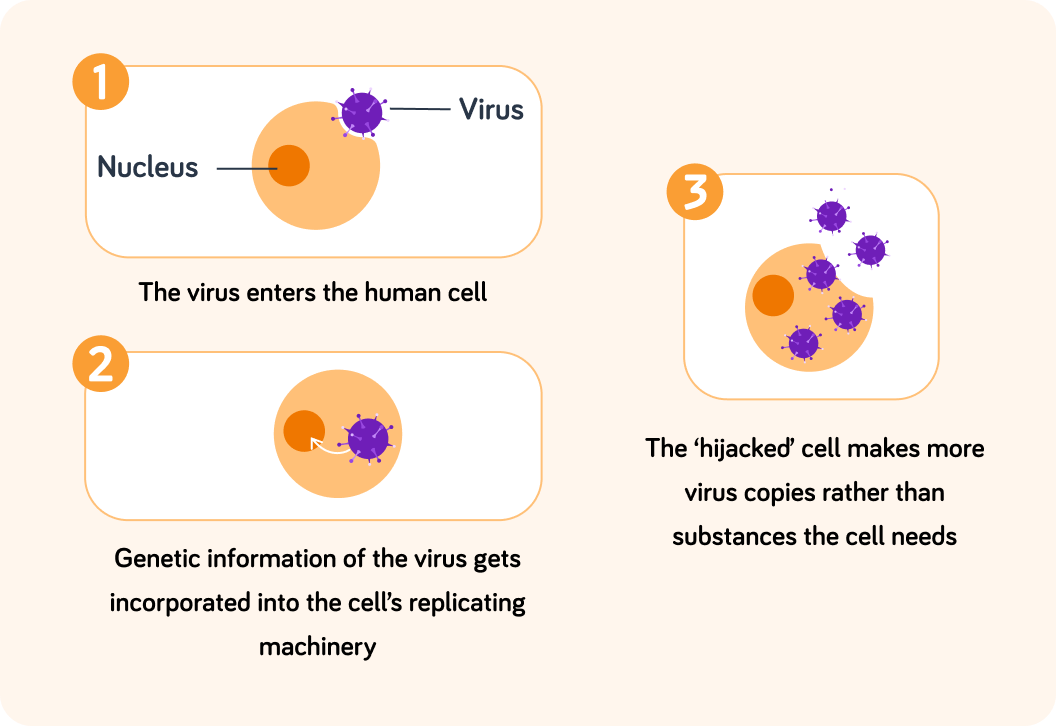YOU ARE LEARNING:
Antibiotics and Palliative Drugs

Antibiotics and Palliative Drugs
Antibiotics are substances that have been developed to help treat bacterial infections, however they do not work on viruses. Palliative drugs only help to treat the symptoms of a disease, not to cure it.
We can take antibiotics, such as penicillin, to fight particular diseases. They slow down and prevent the growth of bacteria.
There are many different types of antibiotic. Why do you think that is?

Different bacteria cause different diseases, and they we need different antibiotics to fight them off. So if you have disease A, you will need antibiotic A, and if you have disease B, you will need antibiotic B.
Since they were discovered, antibiotics have cured many diseases that ordinarily people would have died from. This has increased health and __________ death rates.

If we don't take them correctly, though, antibiotics can cause bacteria to mutate. This means that the bacteria are no longer killed by the antibiotics! What do you think we call that?

If someone catches a disease, for example a chest infection, from someone who has had resistant bacteria, they may have both resistant and regular bacteria reproducing inside them. What will happen when they are treated with a regular form of antibiotics?

If you get infected with antibiotic-resistant bacteria, this could cause a very serious infection, that we can't treat with antibiotics. Therefore, it is extremely important to take the correct antibiotic to kill a certain bacteria and to properly finish the course of antibiotics given to you, to ensure all bacteria are killed!
Bacteria reproduce by just producing replicates of themselves.
Antibiotics work by disrupting bacterial cells and stopping them from reproducing. They do this without harming our own cells.

The image summarises how viruses reproduce. Do you think antibiotics can kill viruses too? Answer yes or no.


Why can't antibiotics kill viruses?

We have developed a medication that can help slow down the spread of a virus. We call it antiviral medication. It is important to remember, though, that it only slows the virus down. It doesn't kill it.
Viruses can change the molecules on their surface very rapidly. This means that new antiviral drugs have to be developed really quickly to be able to recognise the new molecules. What are these molecules called?

Sometimes we also give drugs to help relieve the symptoms of a disease. However, this does not cure the disease itself! We call these symptom-relieving drugs palliative drugs.
Which of these do you think are examples of palliative drugs?

Pick the correct statement.

